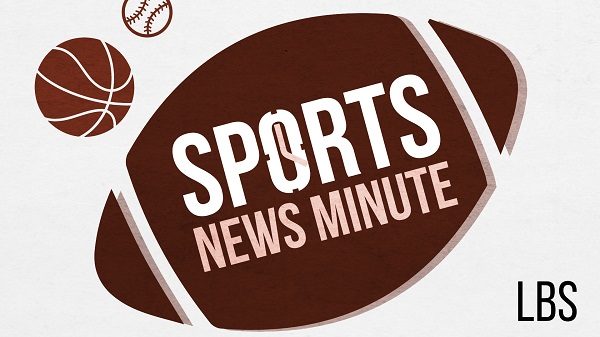Money, Age, and Skill Factor Into Free Agency More than Race, Orlando Hudson


In an article on Yahoo! Sports, Twins second baseman Orlando Hudson strongly inferred that African-American baseball players Jermaine Dye and Gary Sheffield are still free agents because of race. While I can’t go inside the heads of owners and general managers in MLB to see if that’s the case (and it’s historical fact that baseball has been racist in the past), I have several reasons why I believe those two players are still available as free agents, and none of them have to do with race.
First of all, I believe we’re at a point in MLB where teams will take talent any way they can get it. They’ve gone to Asia, Central America, South America, Europe, Australia, and every corner of North America to locate talented players who can help their team. Next, the second and third highest paid players are African-American (CC Sabathia, Derek Jeter). Only one of the top-10 paid players in baseball is white (Mark Teixeira). The top pick in the MLB draft has been an African-American player in three of the past five seasons (Tim Beckham, David Price, Justin Upton). Several of the exciting up-and-coming players in the game are African-American (e.g. Matt Kemp, Curtis Granderson, Jason Heyward, and Andrew McCutchen). Lastly, because Hudson thinks there aren’t any Black bench players, here’s a brief list of several African-American platoon players: Dexter Fowler, Chris Dickerson, Milton Bradley, Ben Francisco, Jody Gerut, Jerry Hairston Jr., and Bill Hall.
Getting back squarely to the issue of why Jermaine Dye or Gary Sheffield is still a free agent, let’s examine the money, age, and skill factors. With Sheffield, he’s 41-years-old, a poor outfielder, and just an average hitter. The same racist game that’s keeping him out made him a nine-time All-Star back when he was a stud and helped him earn over $150 million in his career. Simply put, Sheffield’s no longer an asset to a team and that’s why he’s unsigned. As for Jermaine Dye, I still believe his bat is good enough to get him on a Major League roster. The issues with Dye are that he’s getting older (36), his offensive production declined heavily in the second half last season (.179 BA, .590 OPS), and his defensive zone rating was atrocious. He also has expectations about the type of money he should be making and high standards for the team for whom he wants to play. How else do you explain him turning down a contract offer from the Nats? There is a job out there for a guy like Jermaine Dye, he just has to suck it up and realize his opportunity will not be on his terms. That’s exactly what guys like Garret Anderson did when they decided they wanted to stick it out — they signed for the minimum because they realized they’re easily replaceable at this point.
As for Hudson’s disappointment about signing a one-year deal for the second year in a row, I feel his pain. It was terrible luck that he injured his wrist right before his free agent year and it’s worse luck the recession hit at the same time. He’s a terrific player and I’m surprised nobody offered him a multi-year deal, but it’s not as if he didn’t earn a fair salary for his services (at least $5 million last year and this year). Once again, it appears to me that there are many more prominent factors at stake here than race, and it would be responsible of guys like Hudson, Dye, and Sheffield to look at these angles. I’ll close things out by mentioning the following names: John Smoltz, Jason Isringhausen, Mike Hampton, Darin Erstad, Joe Crede, and Carlos Delgado. You know what they all have in common? They’re all former All-Stars who are also unemployed. You know what else? None of them are African-American. Gary Sheffield, Jermaine Dye, welcome to the Over the Hill Club — it’s open to all races.
Sources:
Hudson hints at racism for blacks in free agency [Yahoo! Sports]







